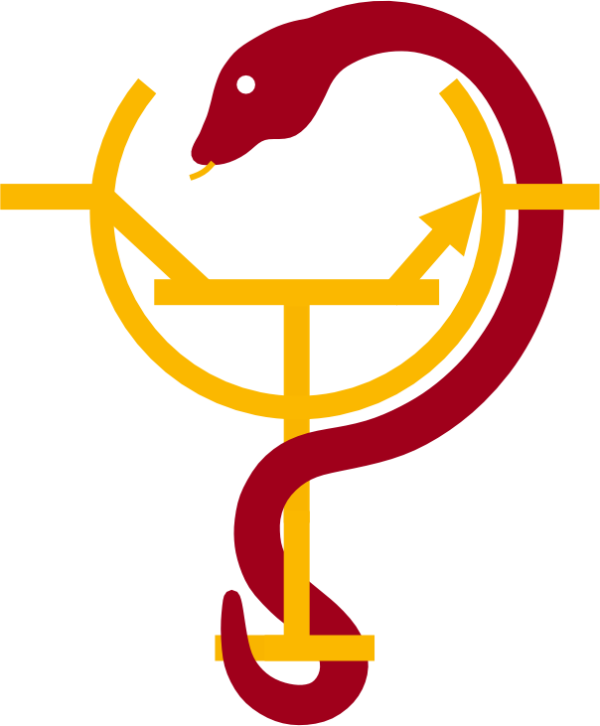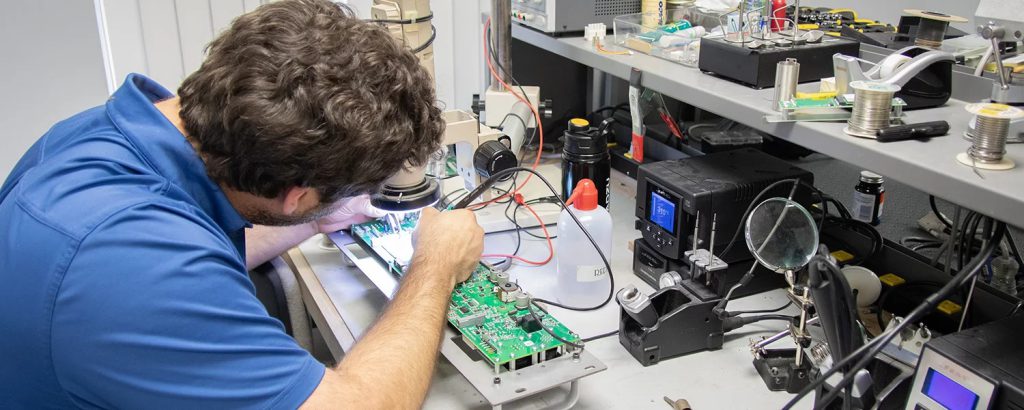Education combines knowledge in electronics, biology, medicine, physics, and programming, making graduates versatile specialists capable of solving complex technical problems.
The modern world requires specialists not only to have deep knowledge in a specific field but also to combine competencies from various disciplines. The curriculum is designed to provide students with a broad spectrum of knowledge in electronics, biology, medicine, physics, programming, and data processing. This approach allows graduates to work effectively in interdisciplinary teams, participate in the creation of cutting-edge technologies that find applications in medicine, industry, energy, ecology, and many other fields. For example, they can develop biomedical sensors used for monitoring human vital signs or work on systems for intelligent analysis of large medical data sets. Additionally, graduates possess programming skills, enabling them to develop algorithms for controlling complex electronic devices, automated systems, and artificial intelligence. The combination of technical, natural, and computer sciences ensures graduates’ high adaptability to changes in the job market and contributes to their professional growth. Participation in interdisciplinary research projects and international programs broadens their horizons, fosters creative thinking, and enhances their ability to find unconventional solutions to complex technical problems.

